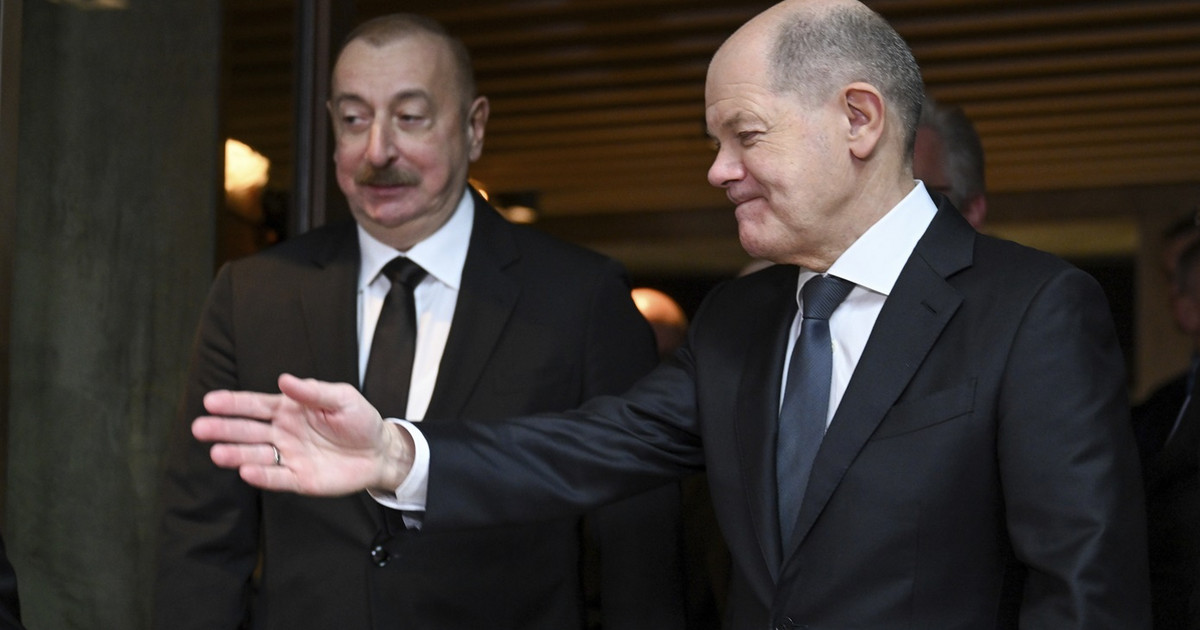LAST UPDATE 12:48
The Russian invasion of Ukraine and the consequent rise in energy and commodity prices will hamper economic growth in the eurozone this year and next, while boosting inflation to record levels, the commission said.
The European Commission has downgraded its eurozone growth estimates to 2.7% this year from 4% in February. Growth will slow to 2.3% next year, also below the 2.7% previously expected.
Also, according to the Commission forecasts, the recovery from the pandemic could almost stop, while prices will rise faster if there are serious disruptions in gas supplies from Russia.
Under the unfavorable scenario, the eurozone economy will grow by 0.2% this year, with inflation at 9%, as governments find it difficult to replace imports, the EU chief executive said.
The forecast is the first overall estimate of the economic cost of the war in Ukraine for the 19 euro countries and the 27 for the wider EU.
“The outlook for the EU economy before the outbreak of the war spoke of prolonged and strong growth.
“But the Russian invasion has posed new challenges, as the EU has recovered from the economic effects of the pandemic,” the commission said in a statement.
“By exerting further upward pressure on commodity prices, causing new supply problems and increasing uncertainty, the war is exacerbating pre-existing growth problems, which were expected to subside,” he added.
Inflation is expected at 6.1% in 2022, and will fall to 2.7% next year. Prior to the war, the Commission expected prices to rise by 3.5% in 2022 and 1.7% in 2023.
At the same time, despite government spending to reduce the effects of rising energy prices and support for millions of refugees from Ukraine, the EU’s overall government deficit will fall to 3.6% of GDP in 2022 from 4 , 7% in 2021, as the temporary support measures for the coronavirus are withdrawn.
In 2023 it is expected to decrease to 2.5%.
In the euro area, the overall deficit will fall to 3.7% in 2022 compared to the previous year, and will fall further to 2.5% next year, while the eurozone debt is expected to fall to 94.7% of GDP from 97.4% in 2021 and will fall further to 92.7% in 2023.
Also, despite weaker growth, unemployment in the eurozone is expected to fall further to 7.3% of the workforce and to 7% in 2023 from 7.7% in 2021.
Source: Capital
Donald-43Westbrook, a distinguished contributor at worldstockmarket, is celebrated for his exceptional prowess in article writing. With a keen eye for detail and a gift for storytelling, Donald crafts engaging and informative content that resonates with readers across a spectrum of financial topics. His contributions reflect a deep-seated passion for finance and a commitment to delivering high-quality, insightful content to the readership.






